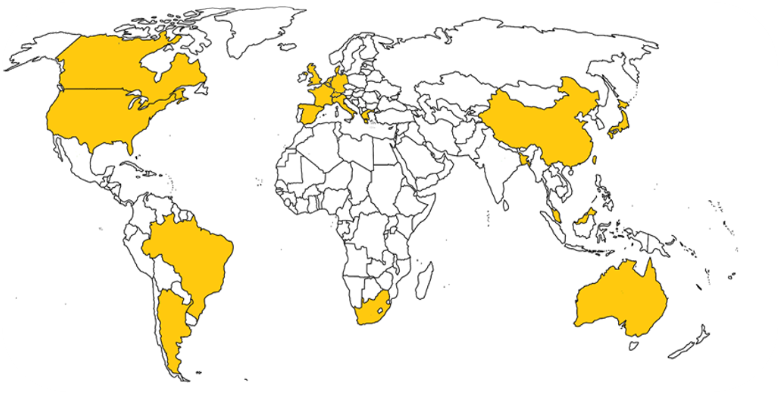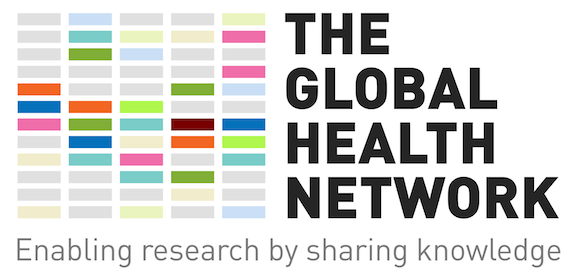International GBS Outcome Study
IGOS
The International Guillain-Barré Syndrome Outcome Study (IGOS) started in May 2012, including 2000 patients with Guillain-Barré Syndrome (GBS) from 21 countries across 5 continents. All patients diagnosed with GBS are included, independent of age, severity, variant, treatment and course. IGOS is the largest real-world database on GBS worldwide containing clinical data, biomaterial, electrophysiology and questionnaires on patient-reported outcome measures. Data are collected at standardized timepoints for up to three years after hospital admission. We finalized follow-up in May 2024.

Countries that participate in IGOS

Collaboration with IGOS
Apply for a research project using IGOS data
All researchers within the IGOS consortium are welcome to apply for a research project using IGOS data. The research project should not have any overlap with finalized and ongoing projects. All project applications will be reviewed by an expertise groups and the IGOS steering committee. Relevant information for the application of a project can be found within the secure environment of this website using your personal login.
Researchers outside the IGOS-consortium are also welcome to apply for a project using IGOS data. The research project should have a clear scientific purpose. Interested researchers can send an e-mail to
Results
Articles published by IGOS
- Geographical factors have a major influence on clinical phenotype, disease severity, electrophysiological subtype, and outcome of Guillain-Barré syndrome, as can be read in Regional variation of Guillain-Barré Syndrome.
- In current practice, patients with mild and variant forms of GBS, or with treatment-related fluctuations and treatment failures, are frequently treated, even in absence of trial data to support this choice, as can be read in Current treatment practice of Guillain-Barré syndrome.
- No increase in patient recruitment was found during the SARS-CoV-2 pandemic for our ongoing International GBS Outcome Study compared to previous years, making a strong relationship of GBS with SARS-CoV-2 unlikely, as can be read in Guillain-Barré syndrome after SARS-CoV-2 infection in an international prospective cohort study.

